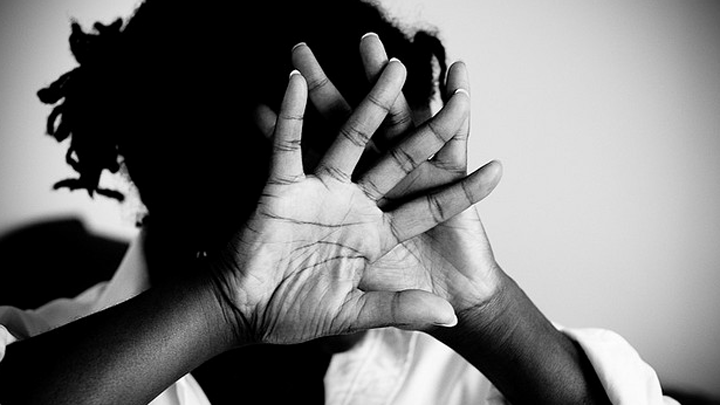Racial confrontation and cliches

This is a big learning curve for me! I am doing some intensive work with a wonderful African American woman. Her heritage encompasses all the worst aspects of slavery. I can’t even begin to imagine what it must have been like for her forbears, and yet she has forged through and become a spectacularly successful human being. I could listen for hours to her stories. She had been involved with the civil rights movement and was a friend to Malcolm X and Martin Luther King and was very passionate about the outcome. When I went to see the movie ‘The Butler’, besides thinking that Oprah was more than a talk show host – she can actually act – my heart went out to people like my new work partner and what she had experienced. I expressed my feelings to her. Her reply came sharp and clear. “Don’t get carried away, we both suffered crap only yours was a different kind.” She had read my book and she knew more about my background than I did hers.
When we had spent time together I felt that her assessment was wrong. We had indeed both suffered ‘crap’ but along with the ‘crap’ that I had experienced, she had also experienced the racial prejudice of not being able to sit in places where white men sat and all the other unjust prejudice that makes me ashamed to be white. Who decreed that a man could be judged by the colour of his skin?
Anyway, I have had to really think about some of the clichés that became commonplace in my childhood. My father would often refer to “A nigger in a woodpile” and I used to wonder what he meant. It was used as an English figure of speech and meant that there was something suspicious going on – something important was not being disclosed- but that didn’t satisfy my curiosity and I was so shocked to find what the connotation really was. So you would think with all of my so called sensitivity, I would not be caught in the trap of using a cliché without thinking – but I was! My partner had posted on line that she was excited that she had found her muse (moi) and that she was now heading toward a purpose with us writing a book together and planning talks and workshops to assist people to find their purpose. At the end of her post she declared that she had better get back to her writing because as well as everything else, I was quite the task master. At the conclusion of the next email I sent to share what I felt should be our next step, I signed off as ‘Your slave driver”.
Yes in some ways I am a sensitive soul and I sensed an air of disapproval but I couldn’t put my finger on the cause until in the middle of the night it hit me. I apologised profusely and explained that I had used the cliché thoughtlessly a great deal in my time. I had a husband once who, when I asked him to do something would retort, “When did your last slave die?”
Anyway the outcome was that we both agreed not to be too precious. I didn’t much like being called “a white (C word) “ either by one of my Aboriginal students, but I am glad that I have been made more aware of some of the clichés that I have used so glibly.
Our mantra has become, “Nothing is black and white … except us!” It is going to be a fun ride and Bob Marley’s song rings in my ears:
Ooh-ooh-oo-ooh. Oo-oo-ooh! Oo-oo-ooh.
Slave driver, the table is turn; (catch a fire)
Catch a fire, so you can get burn, now. (catch a fire)
Slave driver, the table is turn; (catch a fire)
Catch a fire: gonna get burn. (catch a fire) Wo, now!
With all of these reflections about clichés, I wonder how many of us think about the connotations of some of the clichés we use.
Well some may describe me as being, “as old as the hills” but I feel “as fit as a fiddle” and I proclaim that “laughter is the best medicine”!
Can you think of some others cliche phrases that are used a lot? What is your favourite saying?









 Proudly Australian owned and operated
Proudly Australian owned and operated